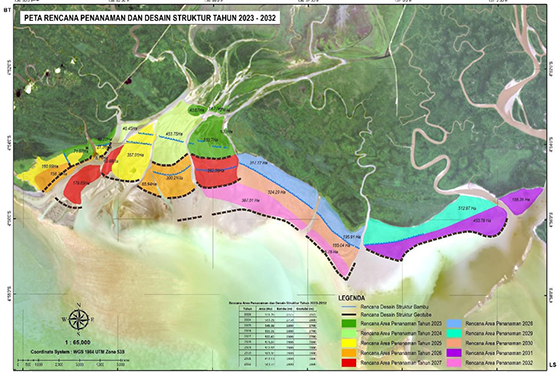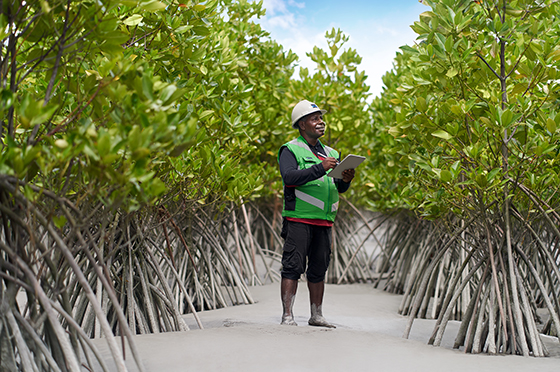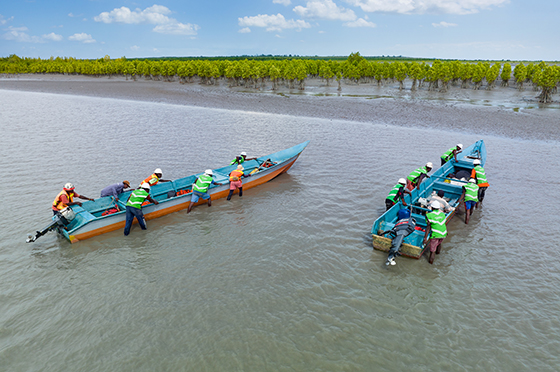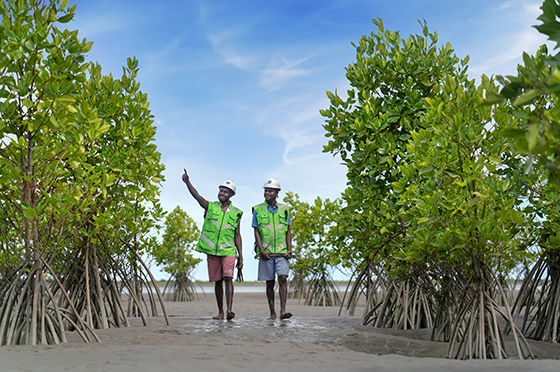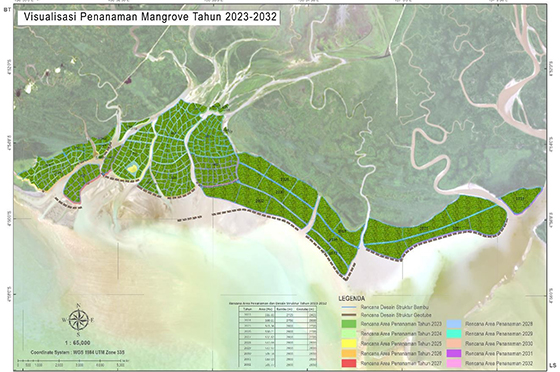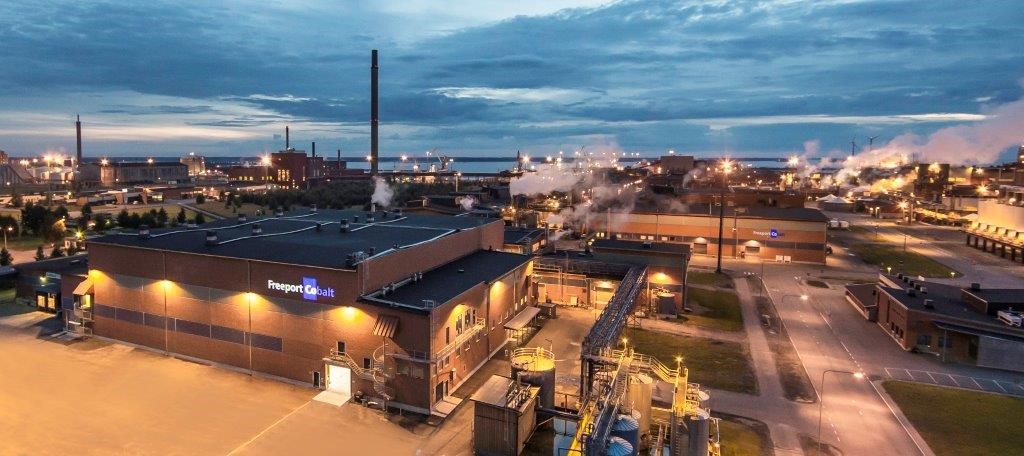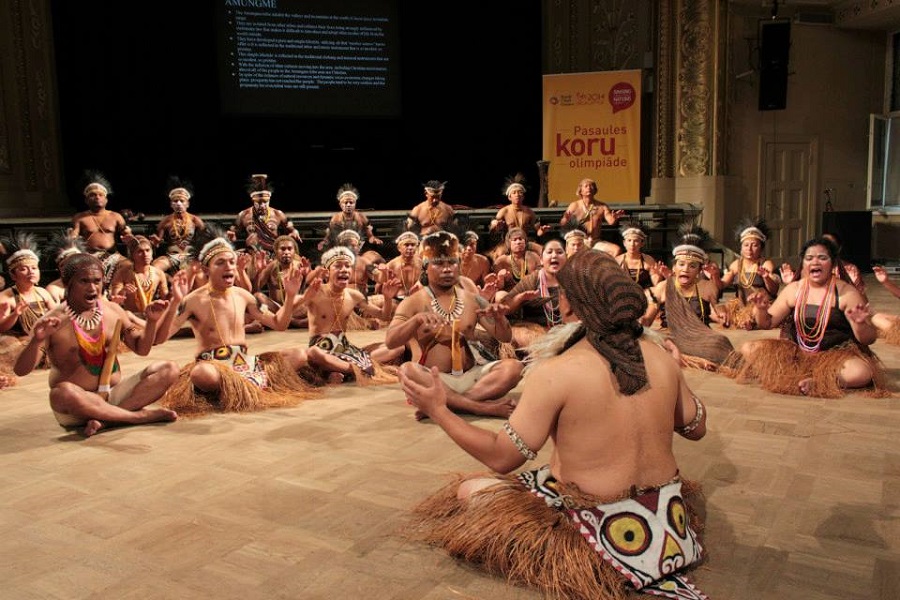In recent years, the importance of mangrove restoration has become increasingly recognized as a critical tool for combatting climate change. With its vast coastline, Indonesia has the potential to play a significant role in reducing global carbon emissions through the restoration of its mangrove forests. PT Freeport Indonesia has been working to restore mangroves in the coastal areas surrounding its mining operations in Papua.
The Environmental department working with local contractors in Papua began the mangrove planting program in 2005 with the aim to accelerate the colonization of mangroves on newly formed land. Their efforts have been successful so far, with approximately 444 hectares of mangrove forests planted in 2022.
“PTFI is committed to plant 10.000 hectares of mangrove forest by 2032. Starting this year, 2023, we hope to plant approximately 500 hectares per year,” said Gesang Setyadi, VP Environmental department.
By restoring mangrove forests, PTFI is contributing to Indonesia’s goal of reducing carbon emissions by up to 30% by 2030. Mangrove forests are known to be highly effective sequestering carbon from the atmosphere, making them a crucial tool in the fight against climate change. Additionally, they serve as important habitats for a variety of marine life, providing food and shelter for fish and other animals.
The success of PTFI’s mangrove restoration efforts highlights the importance of corporate responsibility in the fight against climate change. By taking proactive steps to reduce carbon emissions and support environmental conservation, PTFI is not only benefiting the planet but also demonstrating our commitment to sustainable business practices.
Back To List






